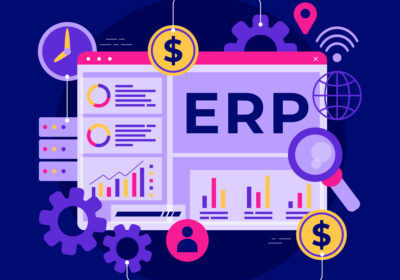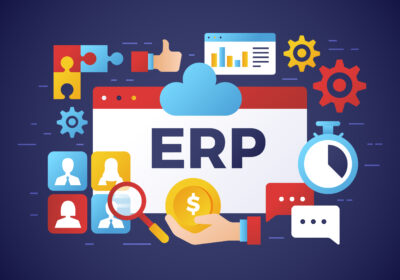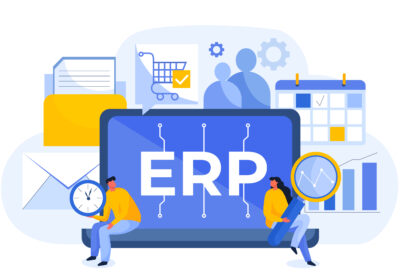In today’s competitive business landscape, efficiency and agility are critical for success. Traditional spreadsheet-based methods of managing operations often become cumbersome, error-prone, and hinder growth. This is where cloud-based Enterprise Resource Planning (ERP) systems come into play, offering a transformative solution for businesses of all sizes.
The Limitations of Spreadsheets:
- Data silos and inconsistency: Spreadsheets are individual files, making it difficult to maintain consistent and centralized data across departments, leading to errors and inefficiencies.
- Limited scalability: Spreadsheets struggle to handle large datasets and growing business demands, hindering scalability and adaptability as your business evolves.
- Security concerns: Sharing and controlling access to spreadsheet data can be challenging, posing security risks and making collaboration difficult.
- Version control issues: Managing multiple versions of spreadsheets can be chaotic, leading to confusion and potential errors.
- Lack of real-time insights: Spreadsheets offer limited functionalities for real-time data analysis and reporting, hindering informed decision-making.
Cloud-Based ERP: A Powerful Solution:
Cloud-based ERP systems address these limitations and offer numerous advantages:
- Centralized data platform: All your business data is stored securely in a central cloud-based platform, ensuring consistency, accessibility, and eliminating data silos.
- Scalability and flexibility: Cloud-based ERP systems are designed to scale with your business, easily accommodating growth and evolving needs.
- Enhanced security: Cloud providers offer robust security measures and access controls to safeguard your data and ensure compliance with industry regulations.
- Real-time collaboration: Cloud-based systems enable real-time collaboration across departments and locations, fostering improved communication and streamlined workflows.
- Automated processes: Automate routine tasks like data entry, reporting, and inventory management, freeing up valuable time and resources for strategic activities.
- Access from anywhere: Access your ERP system from any device with an internet connection, enabling remote work and improved flexibility.
- Advanced analytics and reporting: Generate comprehensive reports and gain valuable insights from your data to make informed business decisions.
Benefits of Switching to Cloud-Based ERP:
- Improved operational efficiency: Streamlined workflows, automated processes, and centralized data lead to significant gains in operational efficiency.
- Enhanced decision-making: Real-time data and insightful reporting empower you to make data-driven decisions for improved business performance.
- Reduced costs: Eliminate the need for expensive hardware and software infrastructure, and benefit from predictable subscription-based pricing models.
- Increased agility: Cloud-based ERP enables businesses to adapt quickly to changing market conditions and capitalize on new opportunities.
- Improved collaboration: Foster seamless collaboration across departments and locations, breaking down communication silos and promoting teamwork.
Conclusion:
In today’s digital age, cloud-based ERP systems offer a powerful and versatile solution for businesses seeking to streamline operations, improve efficiency, and gain a competitive edge. By ditching outdated spreadsheets and embracing the potential of cloud-based ERP, businesses can unlock new possibilities for growth and success.
Ready to transform your operations and embrace the future of business management? Verbat offers comprehensive cloud-based ERP solutions designed to meet the unique needs of your business. Contact us today to learn more about how Verbat can help you unlock the full potential of cloud-based ERP and achieve new heights of success.





